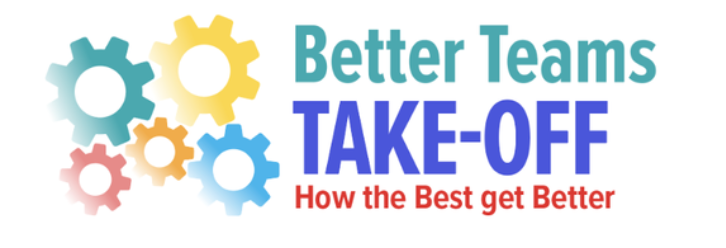Navigating the storm of (felt) Institutional Betrayal in teams
Institutional Betrayal – the term may be new to you, but the concept is as old as the Industrial Revolution itself. Probably much older, if we want to include military and religious organisations…
Dr Jennifer Freyd, psychologist and professor at the University of Oregon, coined the phrase in 2007 in her research into how institutions harmed those who relied on them. Generally it refers to organisations that neglected their people, failed to protect them or prevent harm, failed to respond to adversity, or to internal issues.
Whether merely perceived Institutional Betrayal or actual, When team members feel neglected or overworked, they lay the blame at the feet of the senior leadership for not recruiting effectively, piling on the work when the team is already strapped, and a myriad of other reasons. It is a fast-track to team disharmony and dysfunction.
Trust is the first thing to go. Followed by a process likely to include office gossip and toxic rhetoric which can even seep into conversations with customers and clients.
This is often seen in organisations undergoing change or transformation. When the process is ‘secret’ or information is withheld (in the mistaken belief that not saying anything will keep everyone calm), the negative biases will ensure that trust is eroded. Folks will ‘joint the dots’ even when no dots are apparent.
Much of my work is in this space. I become ‘Switzerland’ and a function of the team I work with to ensure there is a buffer between misguided assumptions and insecurities. Organisational change is one thing, but on a more micro-level, teams are constantly morphing as well, as members leave, quiet quit, there is an imbalance of roles and responsibilities, and the team feels betrayed and taken for granted.
If you want to know more about what this looks like, and how I can support your team or organisation navigate uncertainty (from a psychological and psychosocial harm perspective) I’d love to tell you about my Better Teams Take-Off program.
I help teams work better together. Let’s have a chat.

